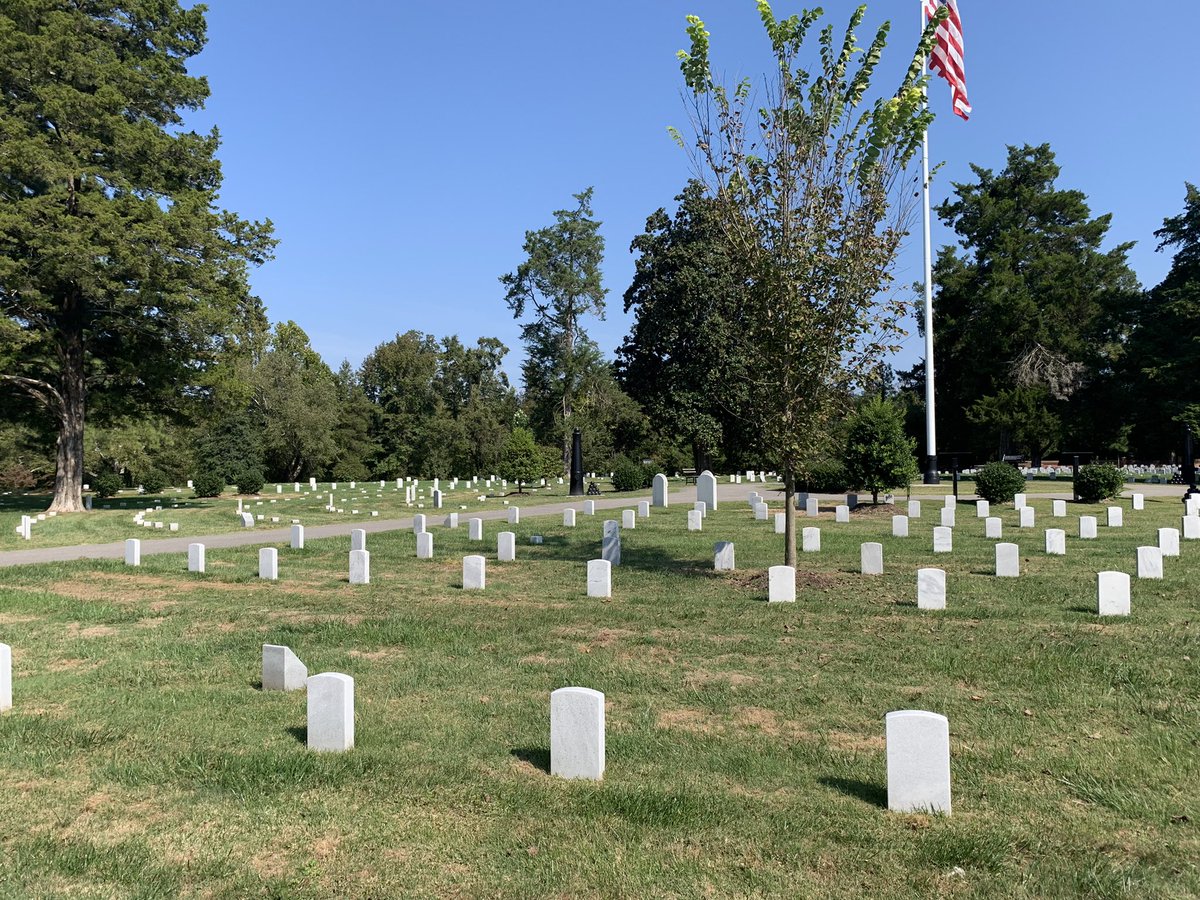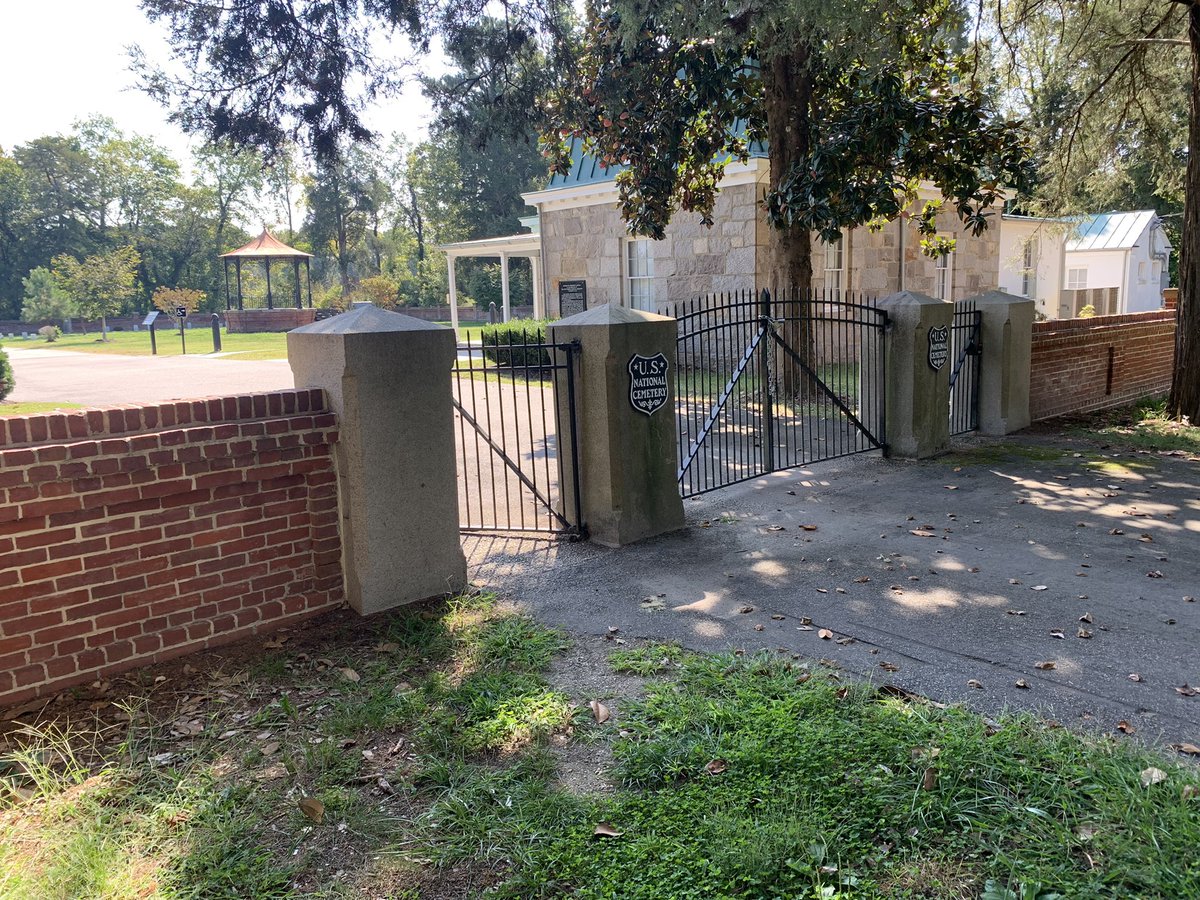
In the TX law argument, Sotomayor & Kagan expressed surprise when the TX AG said an injunction against his office would not bind local prosecutors. He is correct tho. MD & VA are similar. The county prosecutors aren’t agents of the AG, but rather a different state official./1
This is similar to how the US Attorneys across the country do not report to the US Attorney General; they report to the POTUS. Maybe not surprising that federal practitioners would not know the structure of state law enforcement. But that confusion obfuscated a central point./2
Sotomayor was trying to say: since the legislature has effectively deputized the citizenry to act in the state’s interest, doesn’t that make them state actors & by enjoining the top enforcing guy you enjoin them too? That is probably correct, but she chose the wrong official. /3
The AG doesn’t have the authority her hypothetical assumed, which she doesn’t know, which is why the TX AG pushed back. She should have suggested the Governor as the top official to enjoin. All executive power in the state flows from that position. /4
• • •
Missing some Tweet in this thread? You can try to
force a refresh











